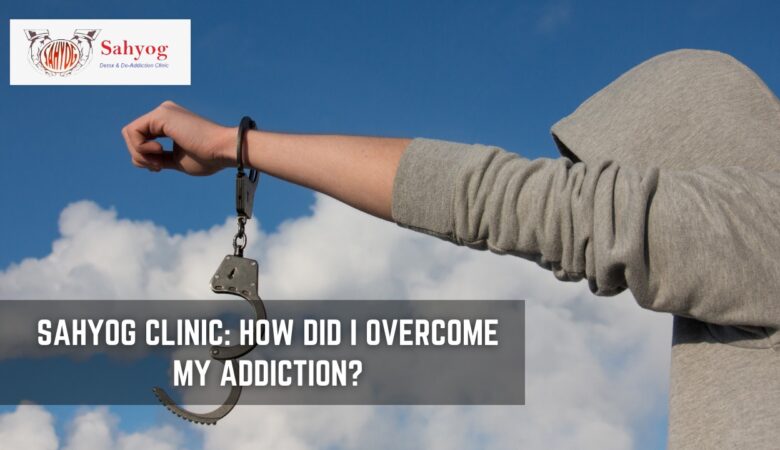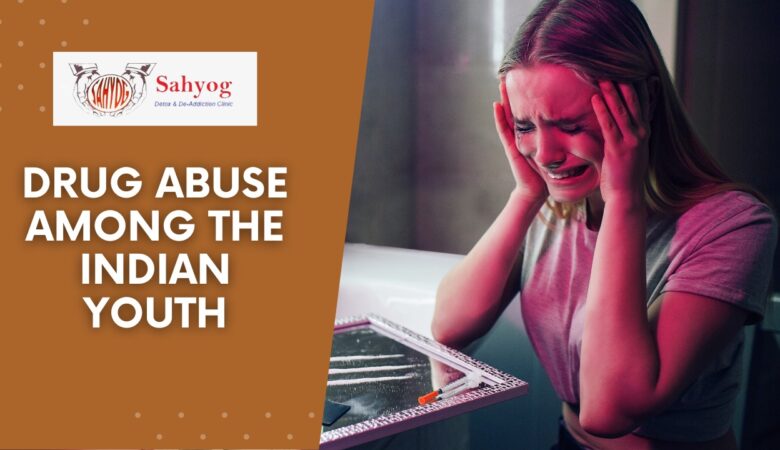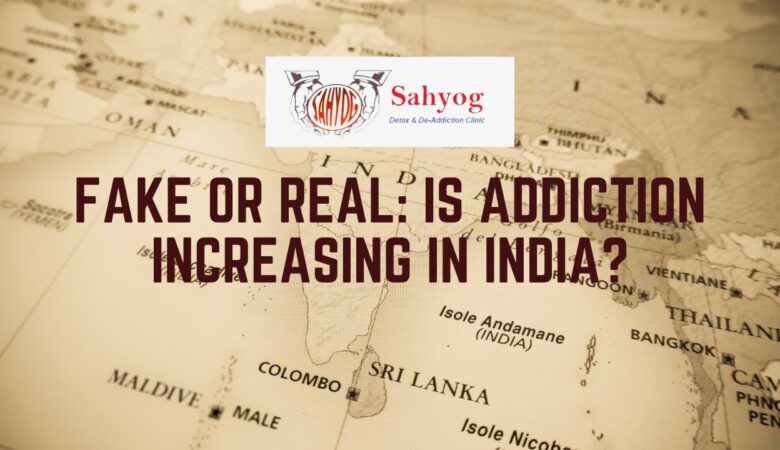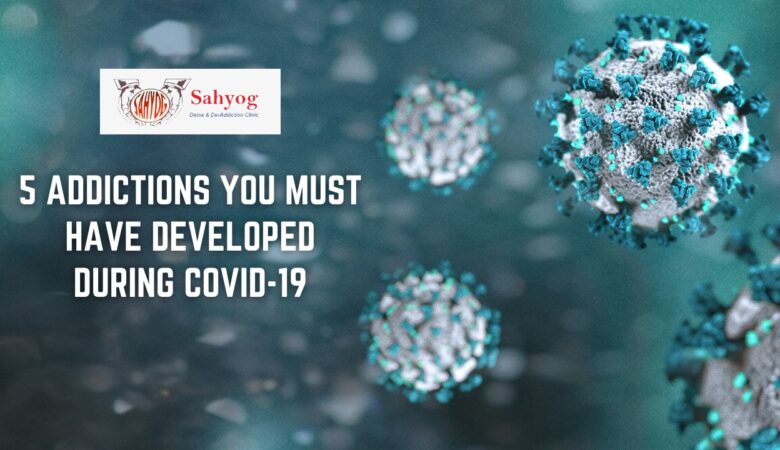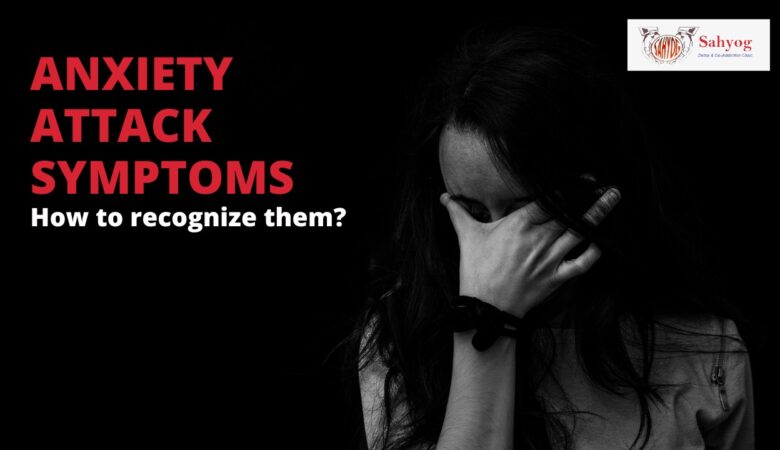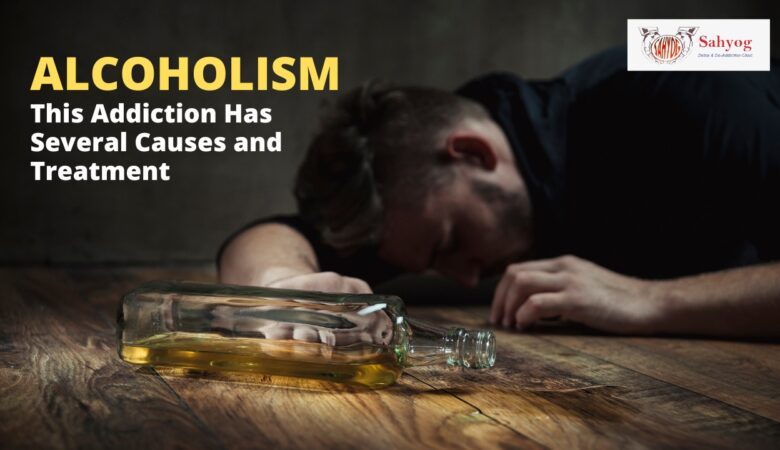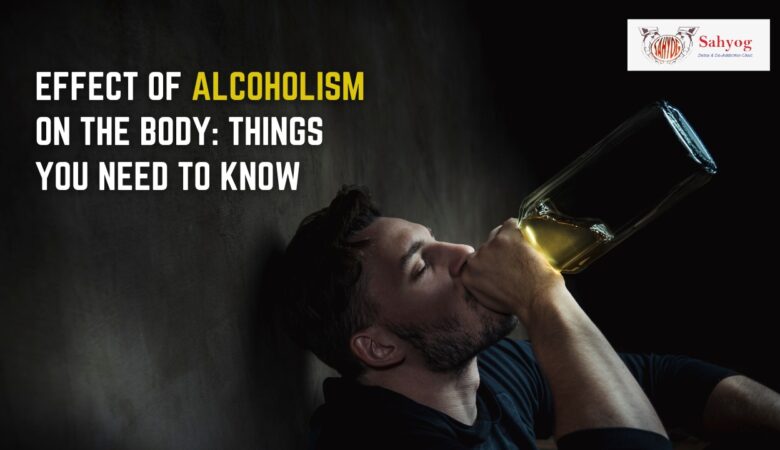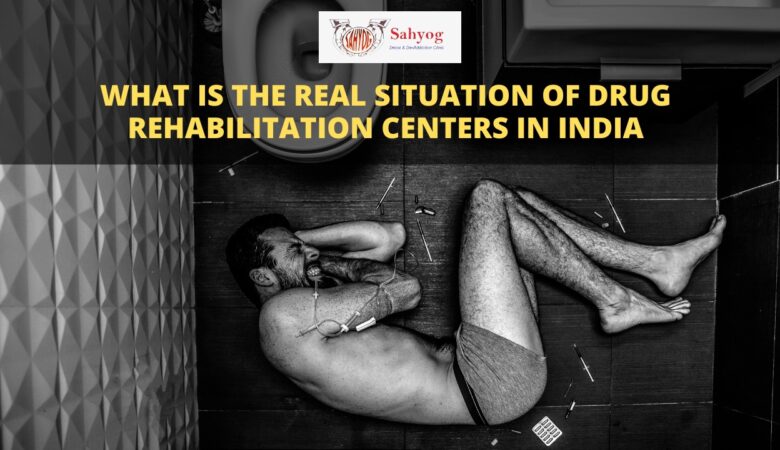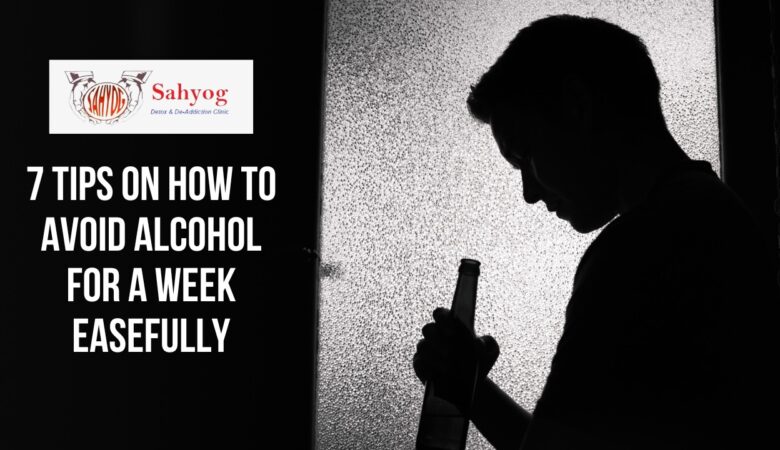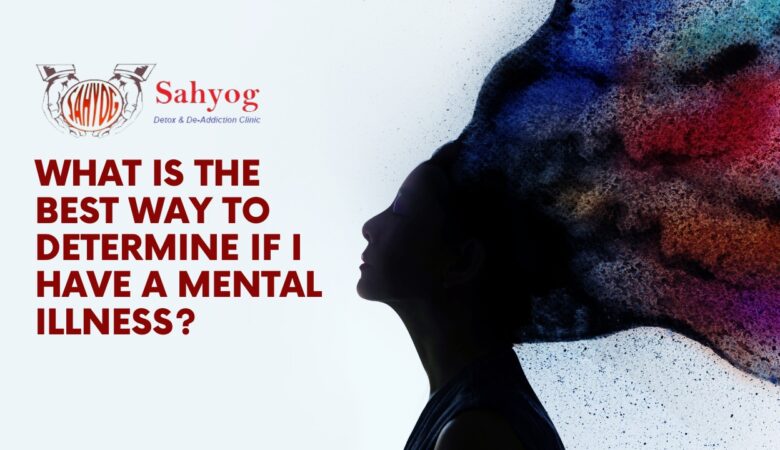Sahyog Clinic: How did I overcome my addiction?
Sahyog Clinic is the place where I got all the help I needed in overcoming my alcohol and drug addiction. I had tried many ways to get out of this problem, but nothing seemed to work out for me. However, when I joined Sahyog Clinic, it helped me achieve my goal of being sober and healthy. With their help, I was able to overcome addiction and stay sober as long as I have been without any lapse since then. As per my experience with Sahyog Clinic, here are some of the key factors that helped me overcome addiction. I had been struggling with drugs and alcohol since my early high school days, and by the time I entered college, I was at an all-time low. My addiction had begun to interfere with my schoolwork, so I finally asked my doctor if there was any way I could break the cycle of addiction that kept me feeling trapped and helpless. Thankfully, she recommended Sahyog Clinic to me, and that’s where I learned to find peace without drugs or alcohol. Introducing Sahyog Sahyog is one of India’s premier drug & alcohol addiction treatment facilities, with its centre located in New Delhi, India. Sahyog understands that each individual has their own way of coping with substance abuse and by providing a caring environment to embrace those differences, they can address addiction at its core. With their wide range of holistic services, including medical treatment and rehabilitation programs, they give patients hope for their future. They offer a variety of methods to help you or your loved ones recover from addiction. Their staff will walk you through every step of recovery, ensuring your safety and comfort throughout your journey. Whether you’re seeking outpatient counseling or inpatient detoxification treatment, there is no better place than Sahyog to begin healing from addiction. So if you’re ready to start living again, it’s time to get help. At Sahyog, we understand that addiction affects everyone differently; therefore, we treat each patient as an individual who deserves our utmost respect and attention. We use an integrated approach to therapy that combines evidence-based practices with innovative techniques to meet each patient where they are on their path toward wellness. Seeing the light at the end of the tunnel Losing hope, while scary as hell, is not necessarily a bad thing. Especially when you’re fighting addiction. It means you’ve hit rock bottom—and that you have nowhere to go but up. Thankfully, many people who find themselves in my position have found incredible help and support at Sahyog Clinic centers like mine; we use cutting-edge treatment methods and interventions to get our patients back on their feet again. If you or someone you love has struggled with drugs or alcohol, please don’t hesitate to contact us today for more information about how we can help. As someone who has overcome a serious drug and alcohol addiction, rehab is a word that brings back several terrible memories of my time in active addiction. To be completely honest, if someone had told me that it’s possible to overcome an addiction without attending a rehab center, I wouldn’t have believed them. However, as it turns out, Sahyog Clinic can really make it happen! Preparing yourself for life after treatment You can take steps to prepare yourself for life after treatment by acting to live a healthy, drug-free lifestyle. Some ways to prepare include getting sufficient sleep, eating well and exercising regularly. Once you’re in a drug-free mindset, focus on making positive decisions like volunteering or reconnecting with family members or old friends that you’ve let slip away. Surround yourself with positive people and encourage your loved ones to make healthy lifestyle choices too. Remember that relapse is possible, but it doesn’t have to be inevitable. If you find yourself struggling with temptation, reach out to a friend or family member for support. And remember: It gets easier! The more you practice living without drugs and alcohol, the easier it will become. Keep at it—and keep believing in yourself. You got through rehab; now you can get through anything. What makes me so enthusiastic about it? First off, all that I’ve talked about with my counsellor and other employees is completely confidential—which has made it so much easier to just be honest. It’s such a relief not to have to hide any part of myself from them. In addition, Sahyog has both helped me identify triggers for my substance abuse and deal with my alcoholism and addiction in a supportive environment. I never thought I would say that recovery could actually be fun, but here at Sahyog Clinic, they make it easy! Plus, their holistic approach to recovery makes me feel like they truly care about my health and happiness. I can honestly say that I am happier than ever now, and while there are still some rough days ahead of me, I’m aware that with Sahyog by my side, I will overcome the addiction. The benefits of using non-traditional therapies : One thing that I love about Sahyog is how little emphasis they put on traditional methods of therapy. Most rehab centres spend a lot of time forcing you to confront your issues, whether you want to or not. But one thing that most people don’t realize is that confronting your problems head-on isn’t always helpful; sometimes, simply acknowledging your feelings or actions can be enough. Friends you made in treatment stay friends forever Whether you want to do the treatment again, it’s a good idea to maintain connections with people from your experience. Many of us found that our relationships helped us to stay sober—both during and after treatment. Even if you don’t intend on staying sober, having a support system is still beneficial in several ways. It’s important to remember that recovery isn’t just about getting clean; it’s also about learning how to be yourself without substances. Having friends who understand what you went through can help make that transition easier. And
